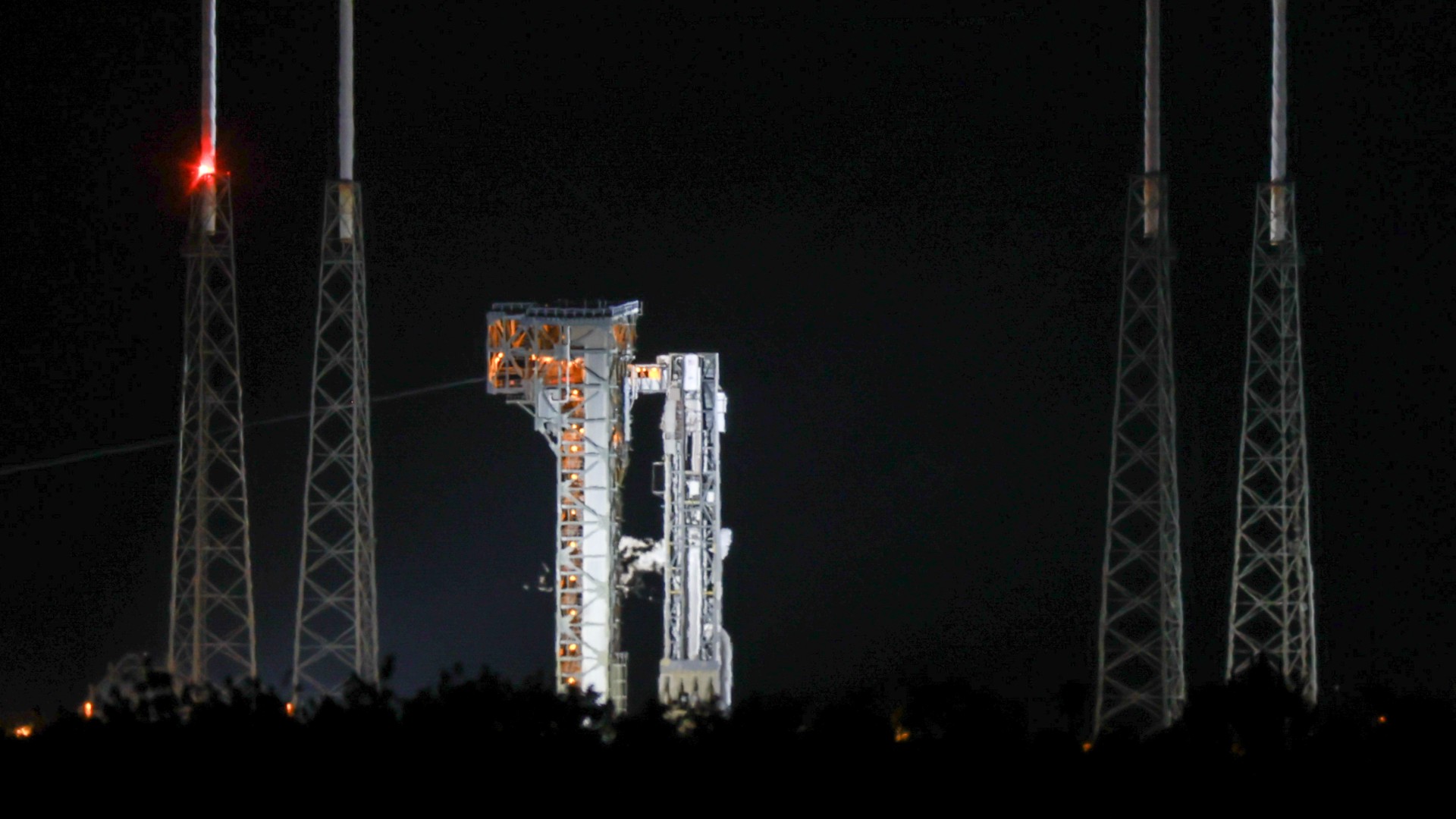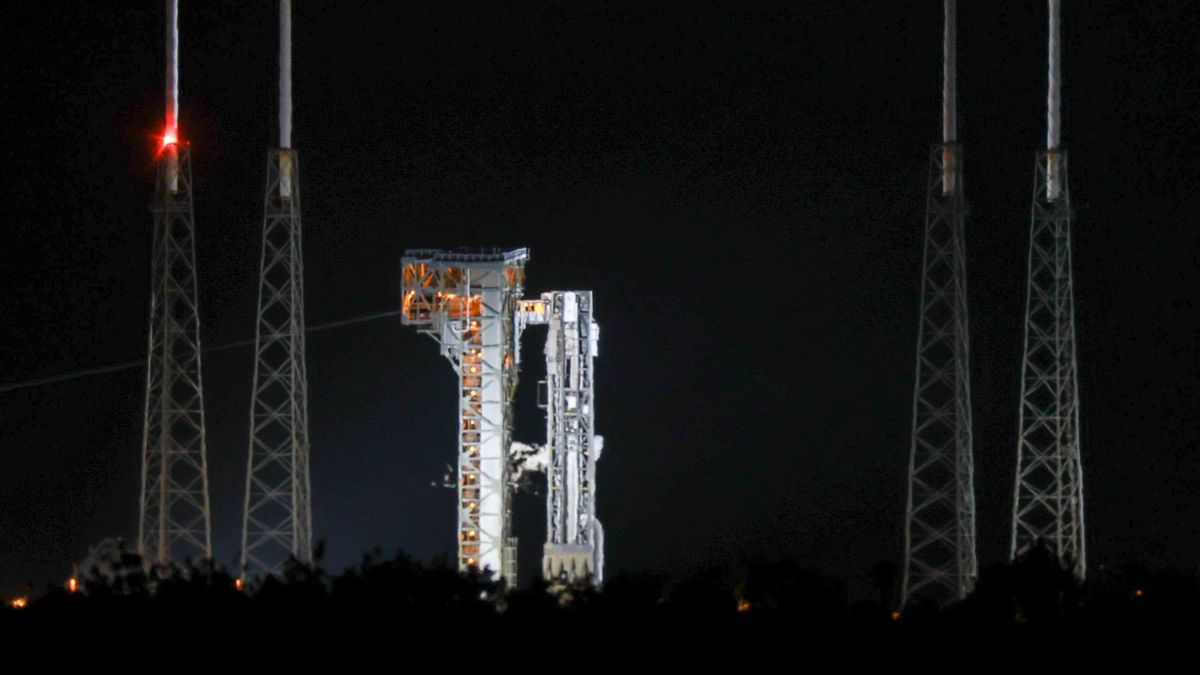Boeing Starliner team delays 1st historic astronaut launch due to rocket issue

United States
Washington DC
Sunday, May 19, 2024



CAPE CANAVERAL — Starliner will wait at least one night more for a launch.
Boeing’s new commercial spacecraft, Starliner, waved off its first launch attempt late tonight (May 6) due to a problem with an “oxygen relief valve on the Centaur Stage on the Atlas V,” NASA posted on X. Atlas V, the flight’s rocket manufactured by United Launch Alliance, has flown missions since 2002 with a 100 percent success rate, but this is its first mission with astronauts.
“The engineering team has evaluated the vehicle is not in a configuration where we can proceed with flight today,” an official in Mission Control said in a callout broadcast on NASA Television roughly two hours and one minute before the scheduled launch at 10:34 p.m. EDT (0024 GMT May 7).
A new launch date has not been announced, but backup opportunities are available as soon as Tuesday (May 7) or Friday (May 10). When it runs again, you can watch the event here at Space.com, via NASA Television.
Once it goes to space, Starliner will carry its first astronaut crew to the International Space Station: Barry “Butch” Wilmore and Suni Williams. They are both former U.S. Navy test pilots as well as veteran International Space Station long-duration astronauts; their new Starliner mission is expected to spend about a week at the orbiting complex.
When Wilmore and Williams fly to space, they will be the first crew to do so from Cape Canaveral Space Force Station since Apollo 7 in 1968. They will also be the first humans to fly to space aboard an Atlas rocket since Gordon Cooper did so on Mercury-Atlas 9 in 1963.
Breaking space news, the latest updates on rocket launches, skywatching events and more!
RELATED STORIES:
NASA aims to have Starliner up and running for operational missions next year to meet its longstanding goal of sending two different spacecraft aloft from U.S. soil. The agency’s other commercial crew vendor, SpaceX, has been sending crews to the ISS since its first test launch in 2020.
Space.com will provide further updates on the situation when NASA, Boeing or ULA issue them.